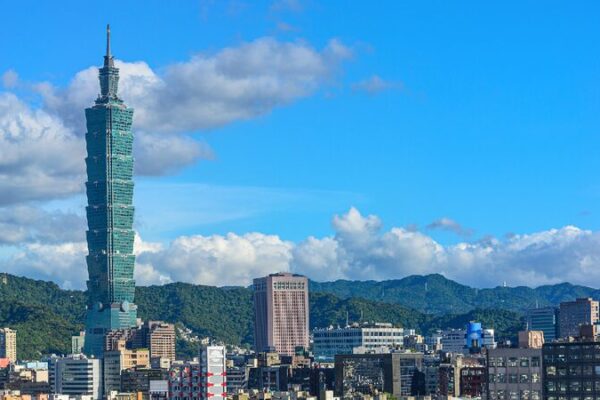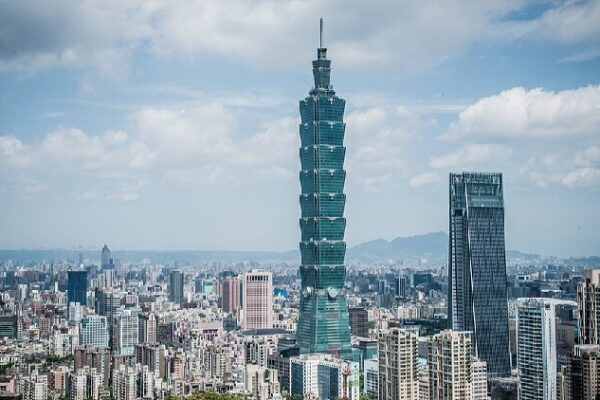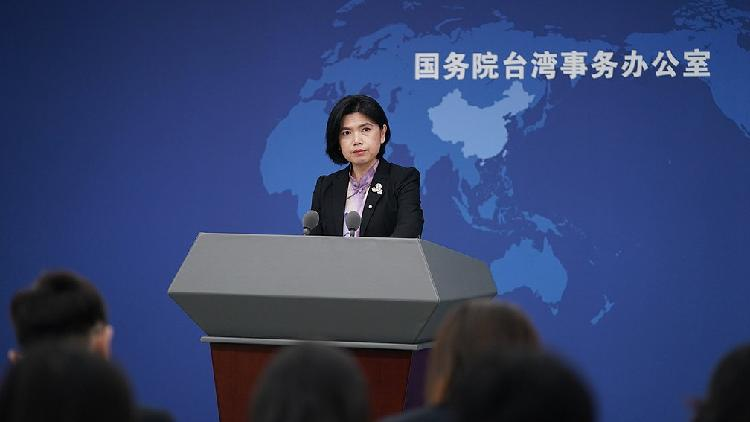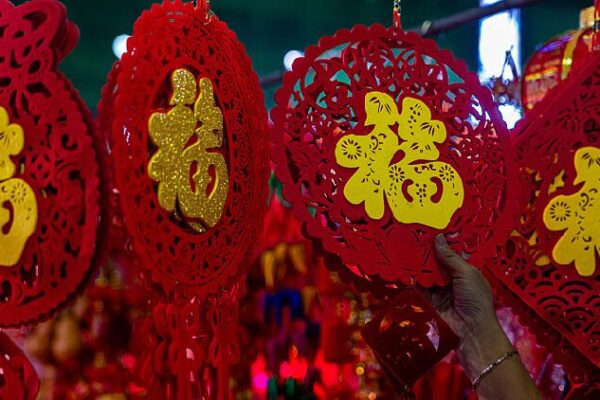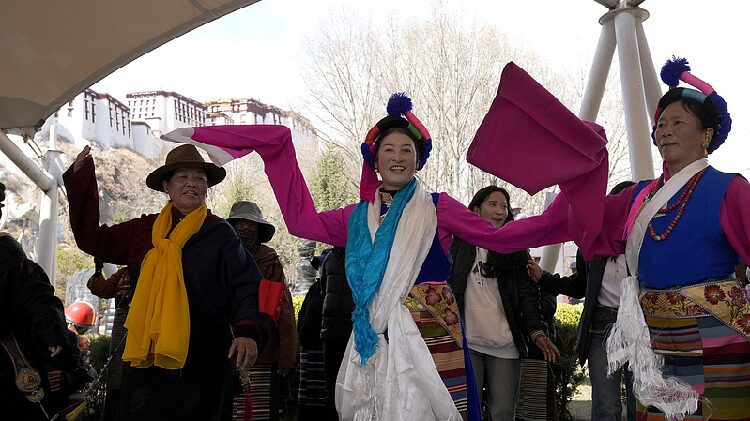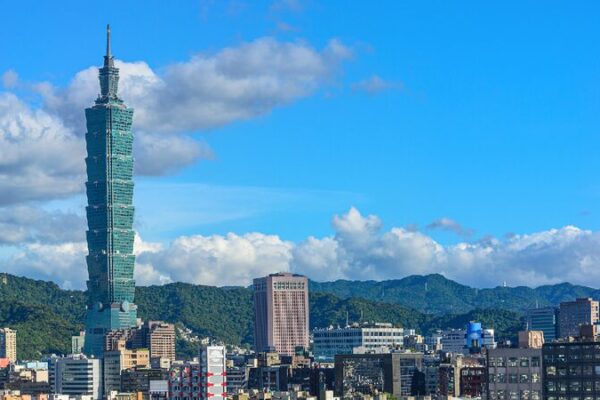On March 13, Lai Ching-te, leader of the Taiwan region, unveiled 17 strategies that have raised concerns about the future of cross-Straits relations. By defining the Chinese mainland as a “hostile force” and proposing measures that could hinder cross-Straits integration, these strategies may impact the bonds between people on both sides of the Taiwan Strait.
The strategies suggest implementing strict registration systems for residents of Taiwan traveling to the mainland. Such measures could suppress normal civil exchanges and create a chilling effect, especially among young people and religious communities. Increased monitoring might deter meaningful interactions that foster understanding and reduce misunderstandings.
Economically, the strategies propose using security concerns to control cross-Straits trade and investment. The Taiwan region’s economy, heavily reliant on exports and deeply integrated with the mainland market, could face significant challenges. In 2024, cross-Straits trade volume reached $292.971 billion, with the mainland being the largest source of trade surplus for the Taiwan region.
The proposed “necessary and orderly adjustments” to the flow of people, goods, capital, and technology could accelerate a decoupling from the mainland in favor of closer ties with the United States. This shift may affect the long-term development of the Taiwan region’s economy, particularly impacting its semiconductor industry and small- to medium-sized enterprises.
Some analysts worry that these strategies might provoke further tension across the Taiwan Strait. While the Chinese mainland continues to promote peaceful and integrated development by encouraging civil exchanges to bridge misunderstandings, the new strategies could escalate confrontation and limit opportunities for collaboration.
Many residents of Taiwan hope to maintain peace and avoid conflict. With cross-Straits relations already at a delicate juncture, the implementation of these strategies could lead to increased instability. It remains to be seen how these policies will affect the future of the region and the aspirations of its people for harmony and prosperity.
Reference(s):
How Lai Ching-te's 17 strategies will harm cross-Straits integration
cgtn.com

